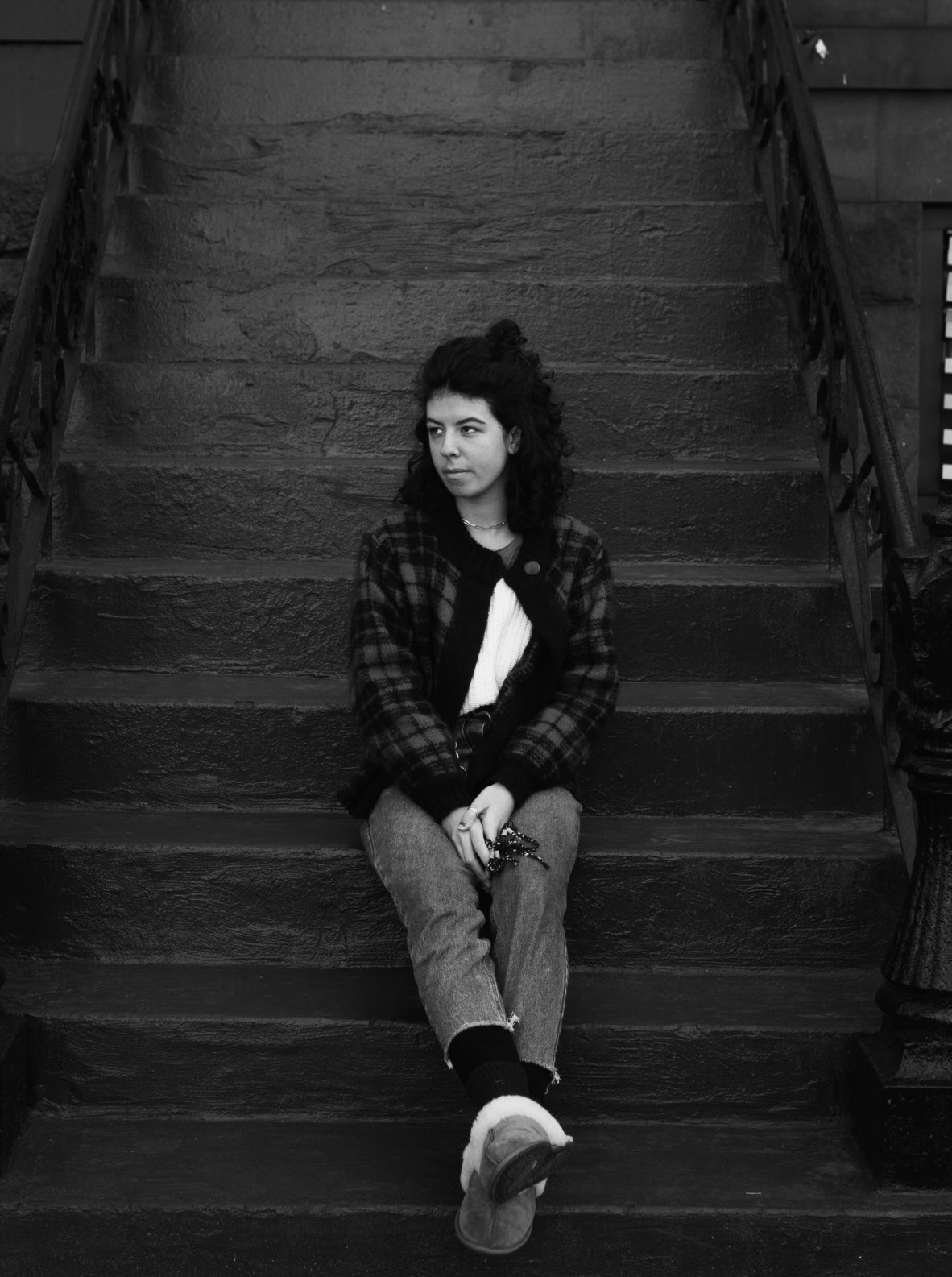Before she picked up her graduation regalia last spring, Emily Kreusch applied for unemployment. The 23-year-old planned to turn her Pratt University degree and skills in graphic design and stop-motion film making into a position at a studio. Now, her main job is applying for jobs from her Brooklyn apartment.
Since graduating and losing her job at a Brooklyn toy store, Kreusch is living off $100 per week in unemployment checks and the meager earnings from her online crochet shop, a side gig she picked up during the pandemic. This was not her post-grad plan.
Nearly 100 miles away, in Montgomery, N.Y., Lisa Mistretta was a hospice nurse who worked in private homes for 15 years — until last March, when one of her patients came down with symptoms that mirrored Covid-19 back. Because Mistretta has a compromised immune system due to chronic lung disease, she had to stop working.
Now, the 52-year-old mother of two is taking at-home classes to brush up on what she learned nearly 30 years ago in college – skills like accounting and Microsoft Excel. She hopes to land a job before her unemployment benefits end. If she doesn’t, she fears the family will be evicted from her two-bedroom home, where monthly rent is $1,400.

Mistretta and Kreusch are among the roughly 1.2 million New Yorkers who receive Pandemic Unemployment Assistance payments, according to state data as of late November. Congress created the program with the CARES Act in late March to provide relief to freelancers, independent contractors, gig workers and the self-employed.
However, the program is set to expire by the end of the year and leave millions of Americans without a lifeline unless a bipartisan group of lawmakers can get Senate Majority Leader Mitch McVonnell and House Speaker Nancy Pelosi to agree with their compromise plan. Now, many New Yorkers are bracing themselves for Dec. 27, when their unemployment payments are scheduled to cease.
While some folks are struggling to find freelance opportunities in their industries, others are depending on side projects. For many, the health risks have limited the number of jobs they have applied to.
“You cannot force people out of jobs, lower the amount of job opportunities and not have a plan for how you’re going to provide relief to those who don’t have the ability to find any work at all,” said Rafael Espinal Jr., the president of the Freelancers Union and former New York City councilman, in an interview.
For Amber Berry, a seasoned part-time bartender and freelance stylist and makeup artist, the first night of shutdown in March led her to apply for unemployment, she said.
“The three things I could rely on stopped at the same time,” she said.
Berry and her husband were the earliest of their friends to receive unemployment. Though it’s not much, it has sustained them for nearly nine months. Now the East Village couple is entering the final month of their payments with uncertainty.
Since March, Berry’s freelance work as a makeup artist and personal business in styling and reselling clothes have both been out of commission.
She can no longer meet clients face to face without the burden of face shields, limited occupancy at shoots and testing for the virus. Those obstacles have left the 52-year-old dependent on unemployment aid, she says.
There’s much at stake for Berry and her husband, who had worked in private events and hotels. They’re trying their best to divert their attention to positive thinking, she says. “We are just going to take it one day at a time,” she said.
The job search also complicates the search for health insurance. Mistretta said she is on Medicaid, and Berry and her husband were grandfathered into her parents’ private health insurance.
For Kreusch, being a self-employed artist dependent on unemployment checks was not what she expected after graduation. But when her hunt for a studio job proved fruitless, she took to her needle and yarn. In August, she launched her Etsy business, Croozies – crocheted drink sleeves.
“Two months ago, I was losing steam applying to jobs, so I really leaned in with this koozie stuff,” she said. “I wanted to figure out how I’m going to do this business thing.”
Last month, her venture brought in roughly $1,000 worth of sales, and Kreusch is looking to expand her market to other vendors. She knows that when the holiday rush is over, her unemployment checks might be too.
But she can only crochet about five products per day, which sell for roughly $20 each, she says.
Kreusch was able to save enough of her unemployment benefits to get her through the end of the year, thanks in large part to a $600 federal weekly boost that lasted for four months. But since those extra payments ended in late July, her unemployment aid now provides her with only a little more than $100 a week.
If things don’t turn around soon, she will have to leave her Brooklyn residence and move back in with her parents in Warwick, N.Y.
Pandemic Unemployment Assistance is also available to certain people who had to leave their jobs because of compromised health. This includes individuals like Mistretta.
Since March, she’s been living off unemployment. Since the $600 weekly enhancement ended, she and her two teenage daughters are reliant on the Pandemic Unemployment Assistance program, which provides her with $276 per week, she said.
“In November, I started using my credit cards and everything else again because I was behind on my rent,” said Mistretta. “That’s the first time in 32 years I’ve missed a housing payment.”
She’s always had a steady job, she says, but during the pandemic, she has had no option but to start looking for roles she could take on from home.
Most of the listings she’s found are in customer service or hospitality, but she hasn’t had any luck getting hired. Recently, she applied for work as a contact tracer, but she hasn’t heard word since filing her application.
Mistretta stresses over the difficulty of supporting a family of three on her unemployment checks. As for Congress, she said, “I wish they’d wake up and put themselves in our shoes for a change. Just for one moment.”
About the author(s)
Rachel Roberts is a print journalist currently based in Manhattan. Originally from Little Rock, Arkansas, she holds a bachelor’s degree in both journalism and political science from the University of Arkansas in Fayetteville, where she also worked as an editorial assistant for a digital marketing startup, Field Agent (2019-21). Now at Columbia Journalism School, Rachel is covering mental health, arts, culture and LGBTQ+ communities. Connect with her via email: rlroberts729@gmail.com



